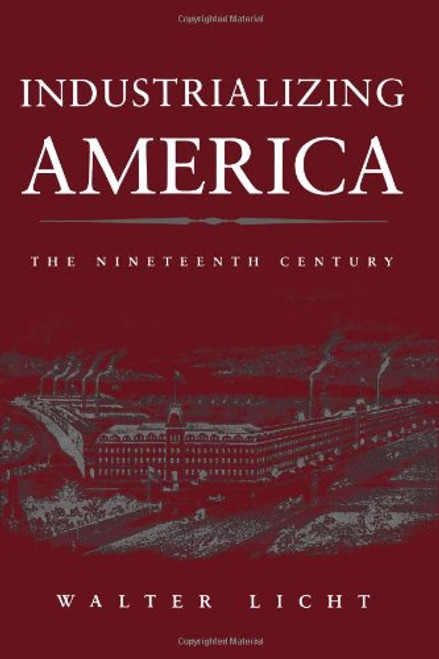Product Overview
This provocative study examines nineteenth- and early twentieth-century American writing in conjunction with economic and political developments in order to elucidate conceptions of value and identity in liberal culture. Horwitz explores work by Emerson, Twain, Howells, Norris, Dreiser, and Cather, as well as painting by the Hudson River School, alongside debates about tariffs, laissez-faire policies, stock speculation, corporate trusts, homesteading, and the nature of property and value. These aesthetic performances and public debates typically invoked nature as the ground of value. Horwitz argues that appealing to nature was a central strategy of the liberal tradition in the United States and that literary and other aesthetic artifacts helped evolve the semantic and conceptual field in which historical developments and debates occurred. Interlacing close textual analyses and rigorous historical interpretation, this interdisciplinary work will interest students of American culture and literature.







